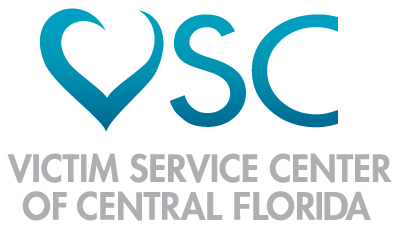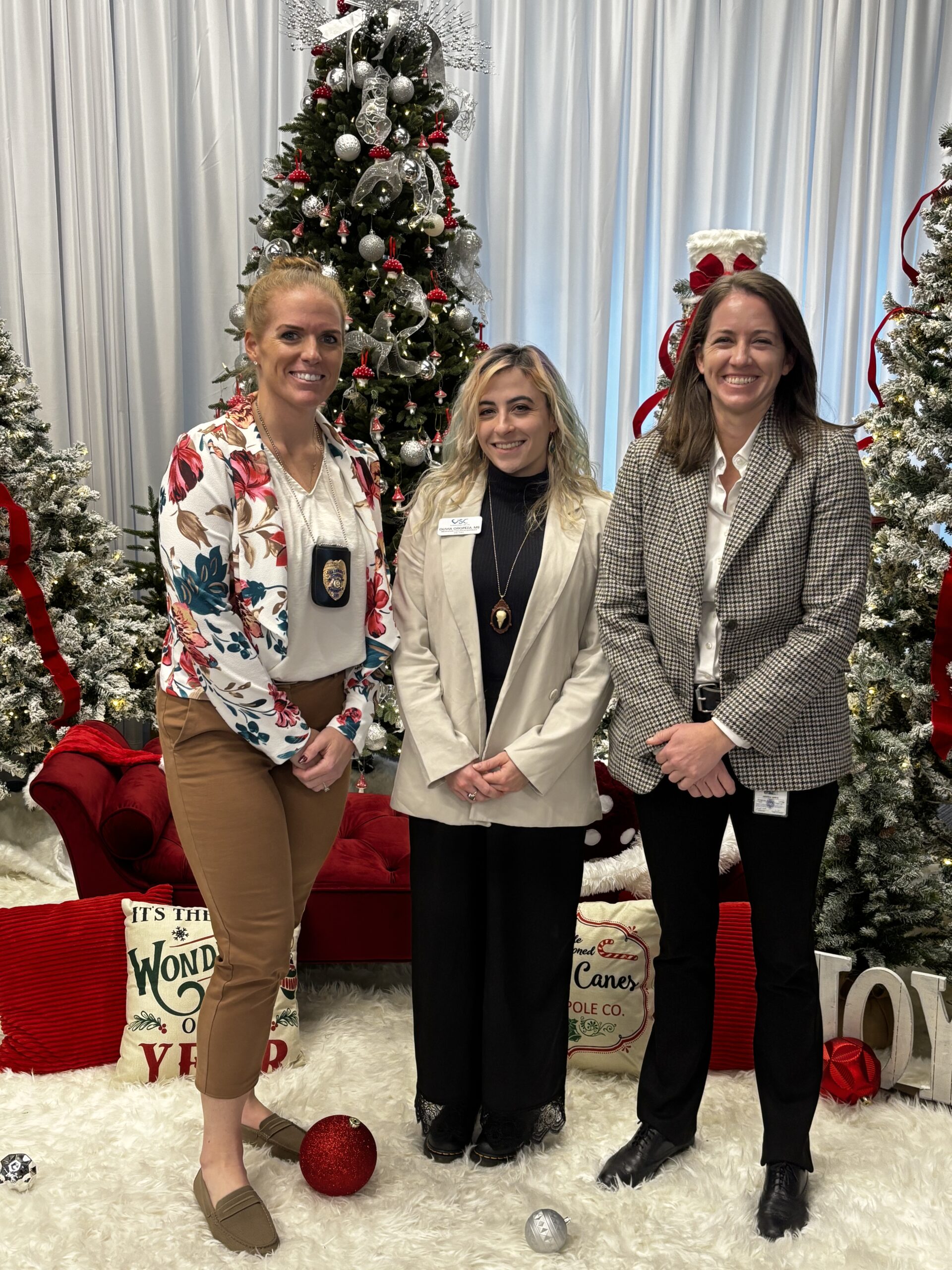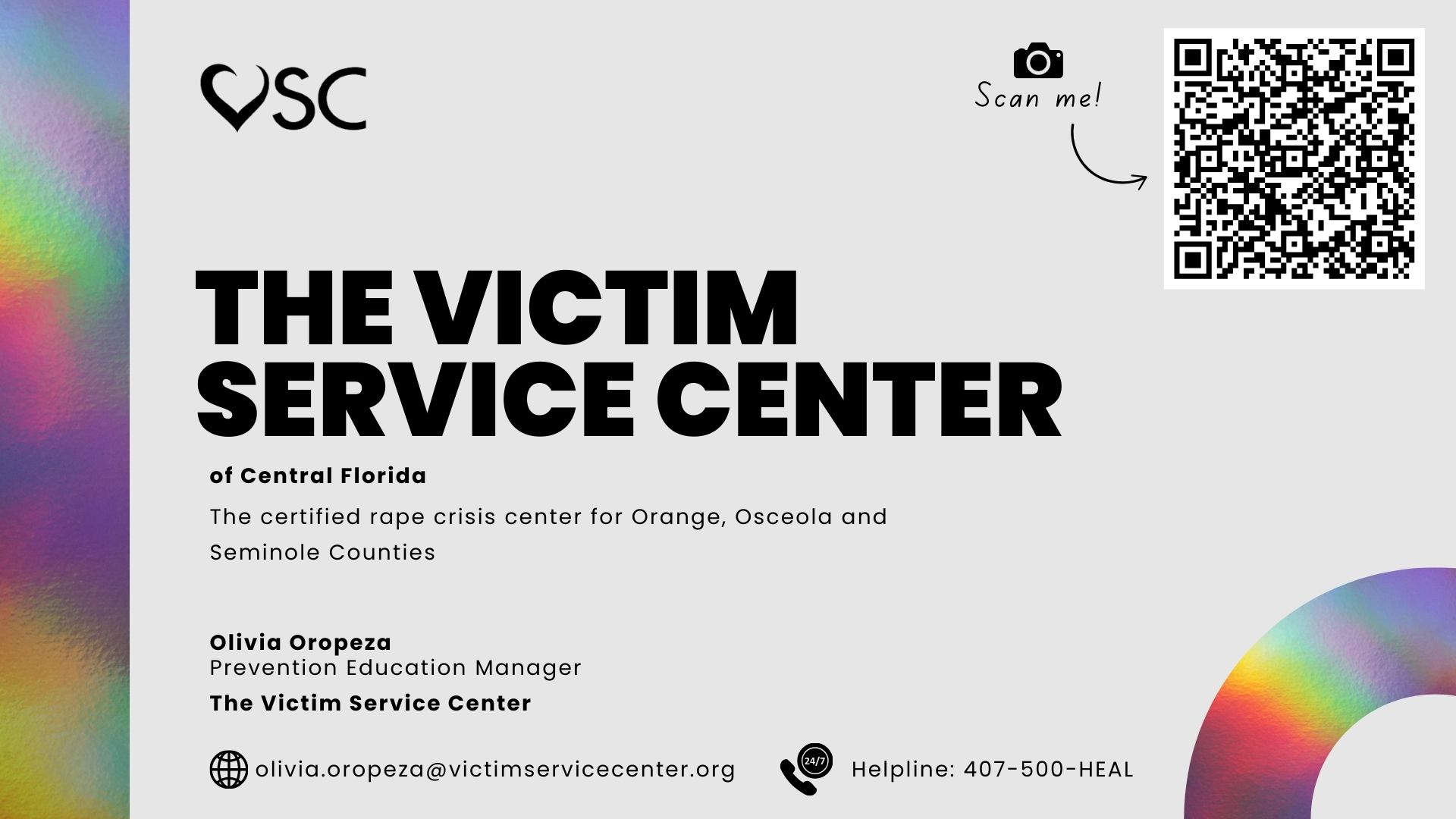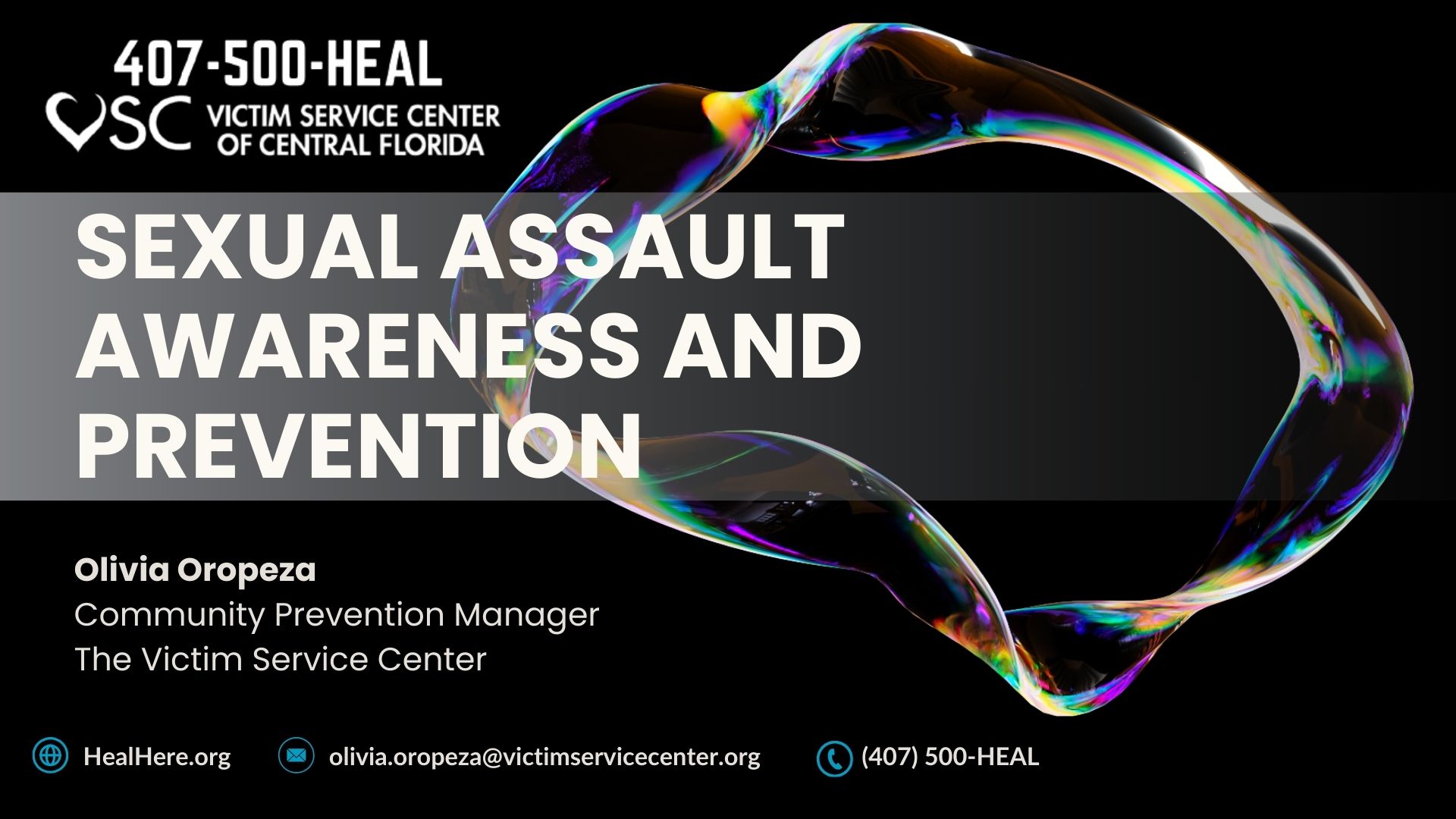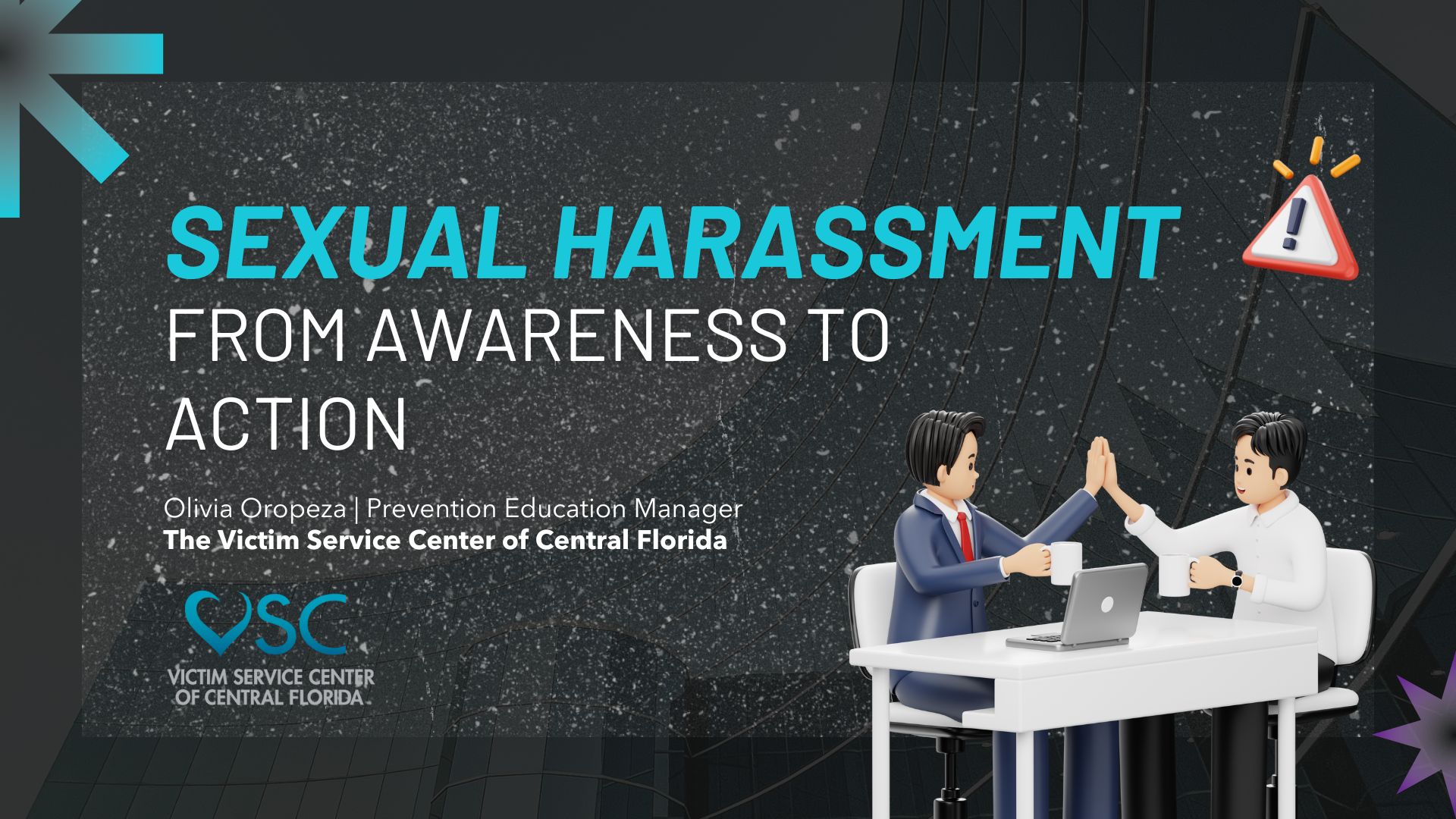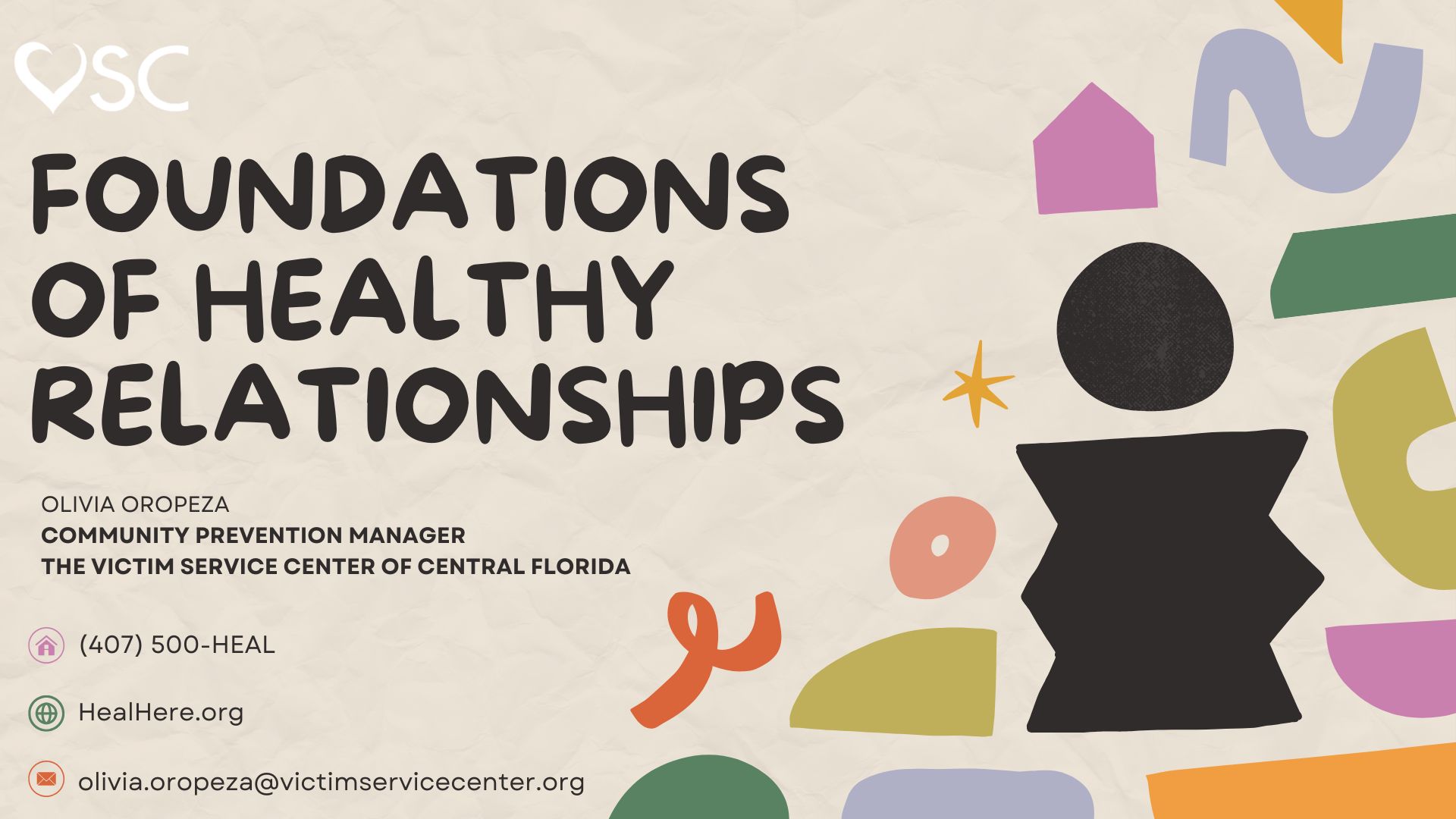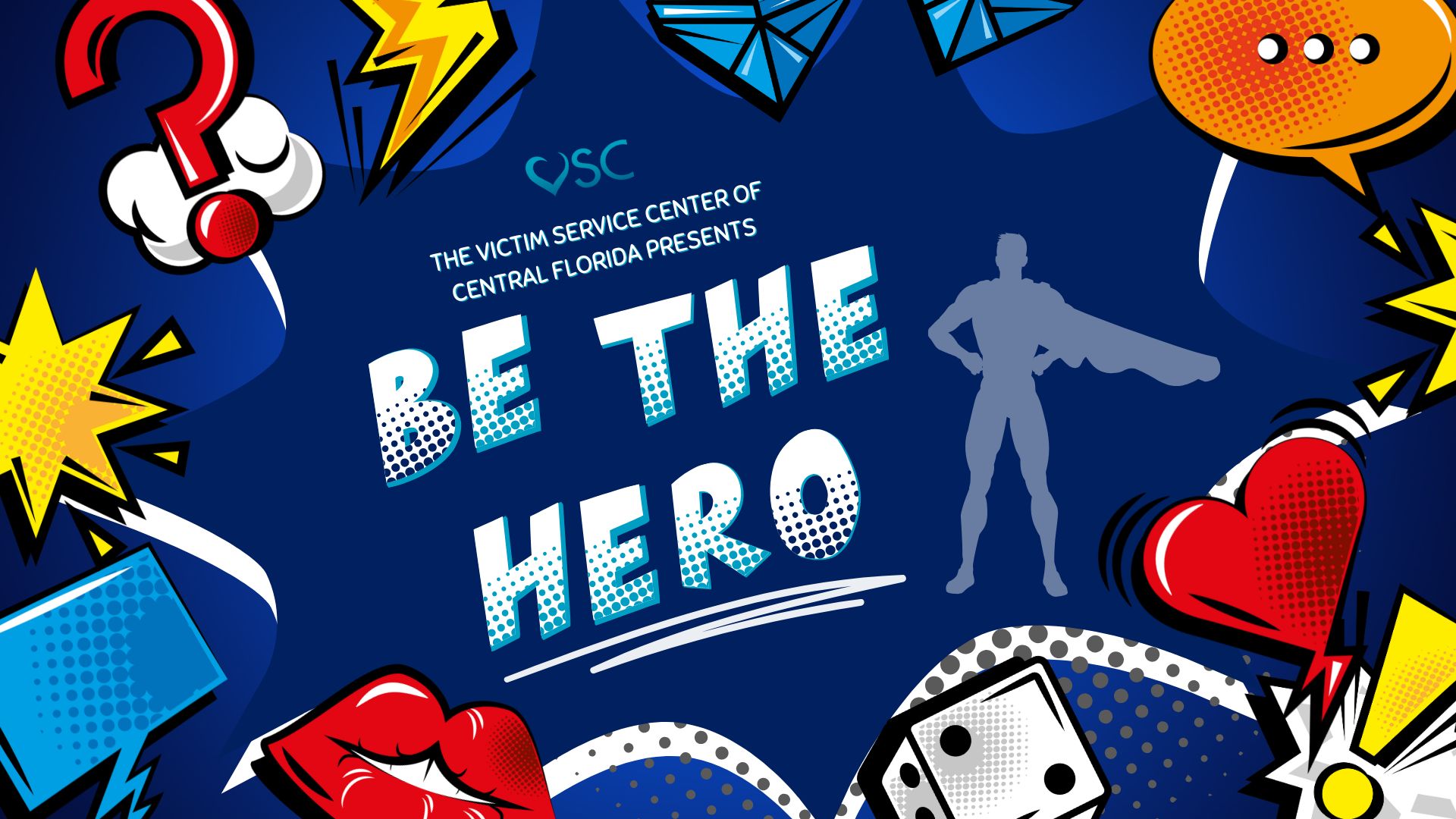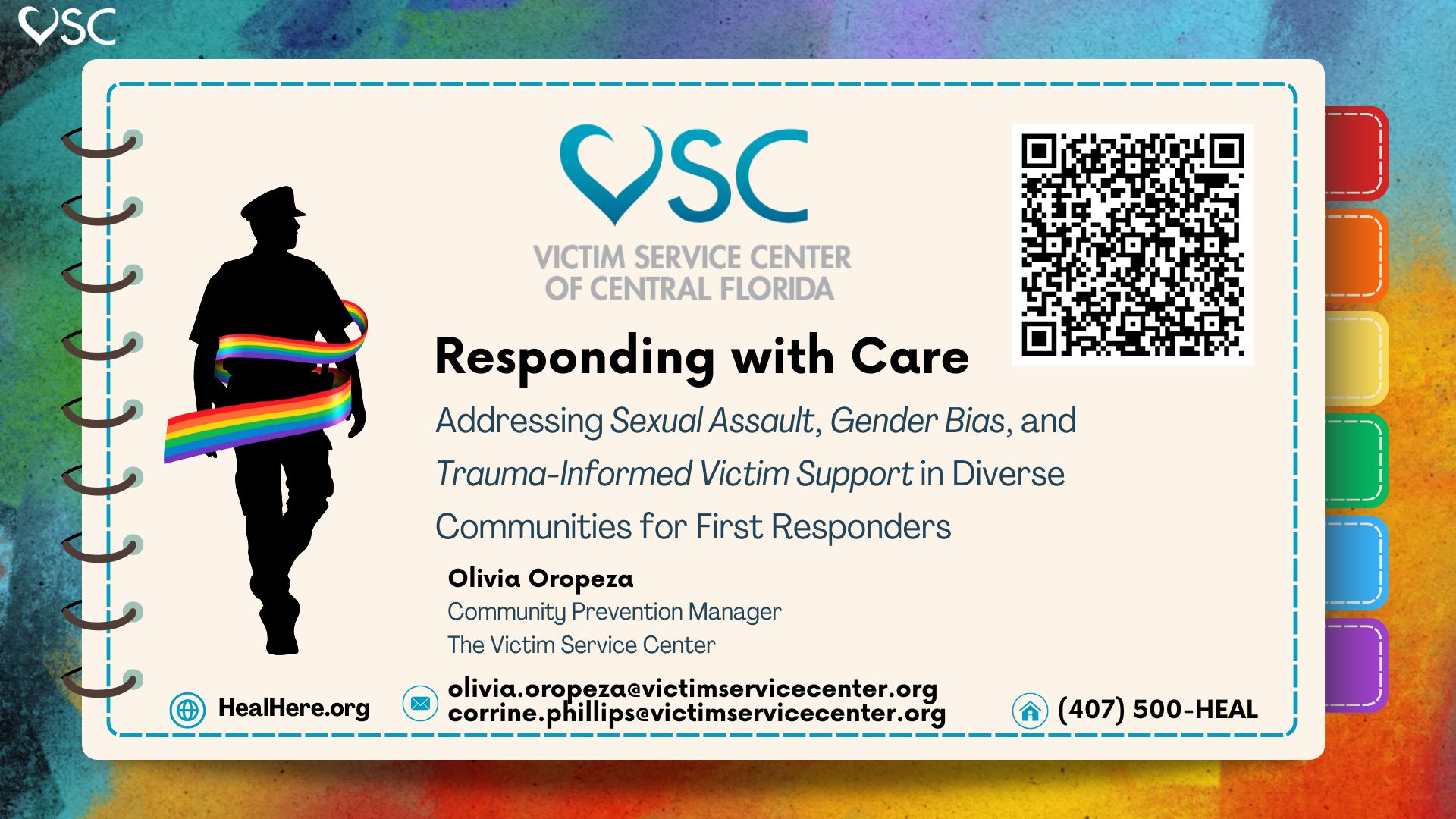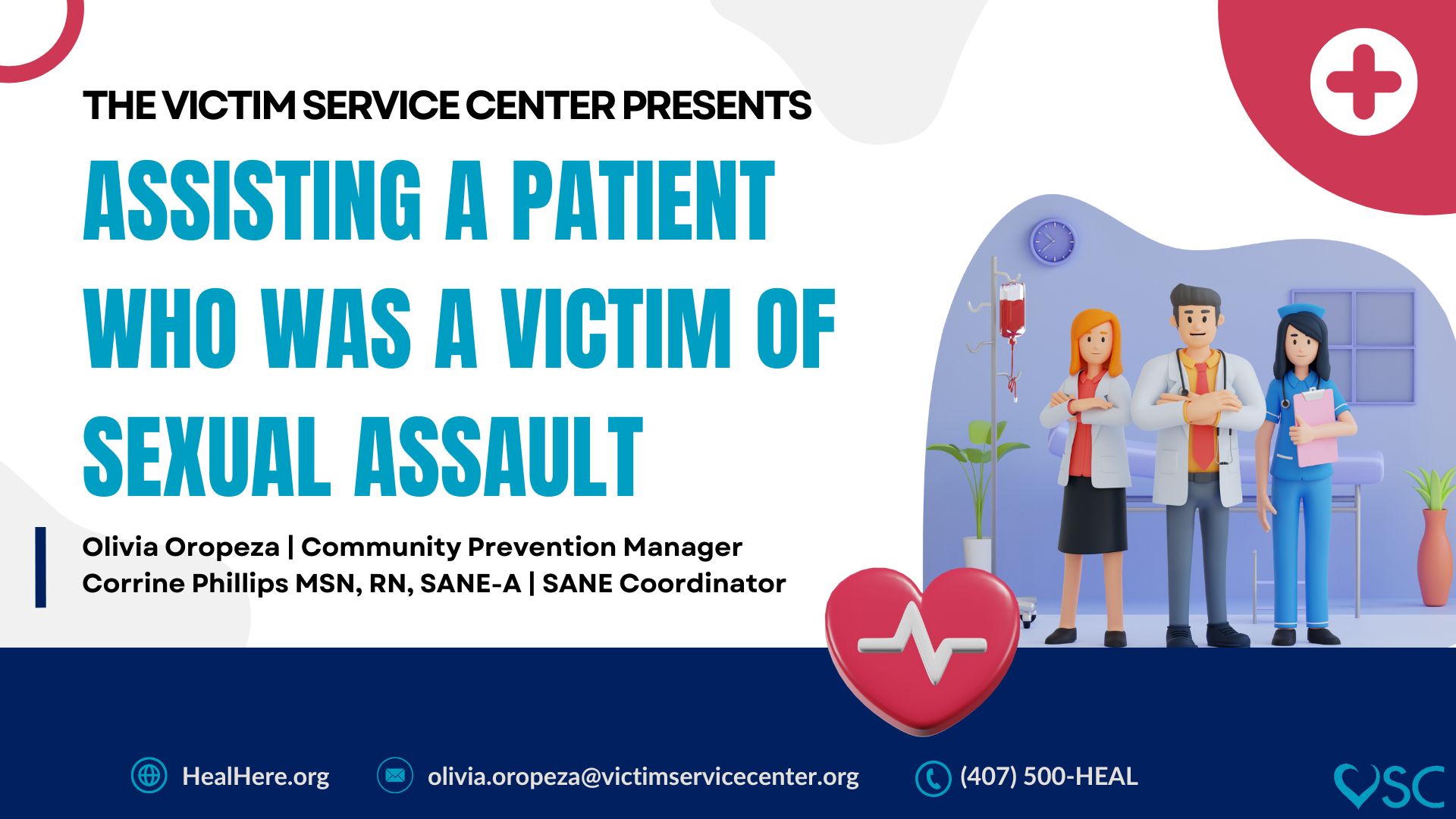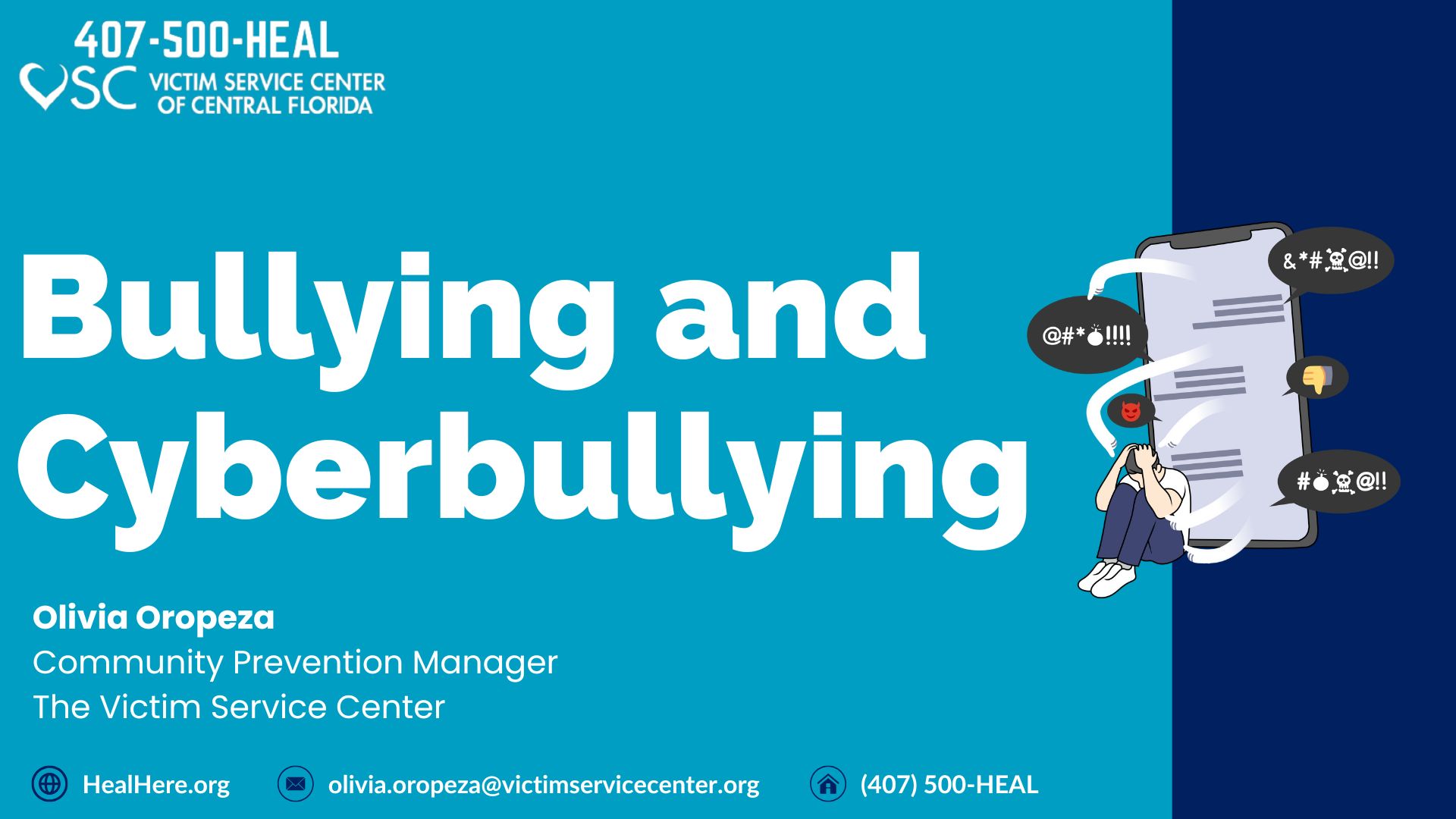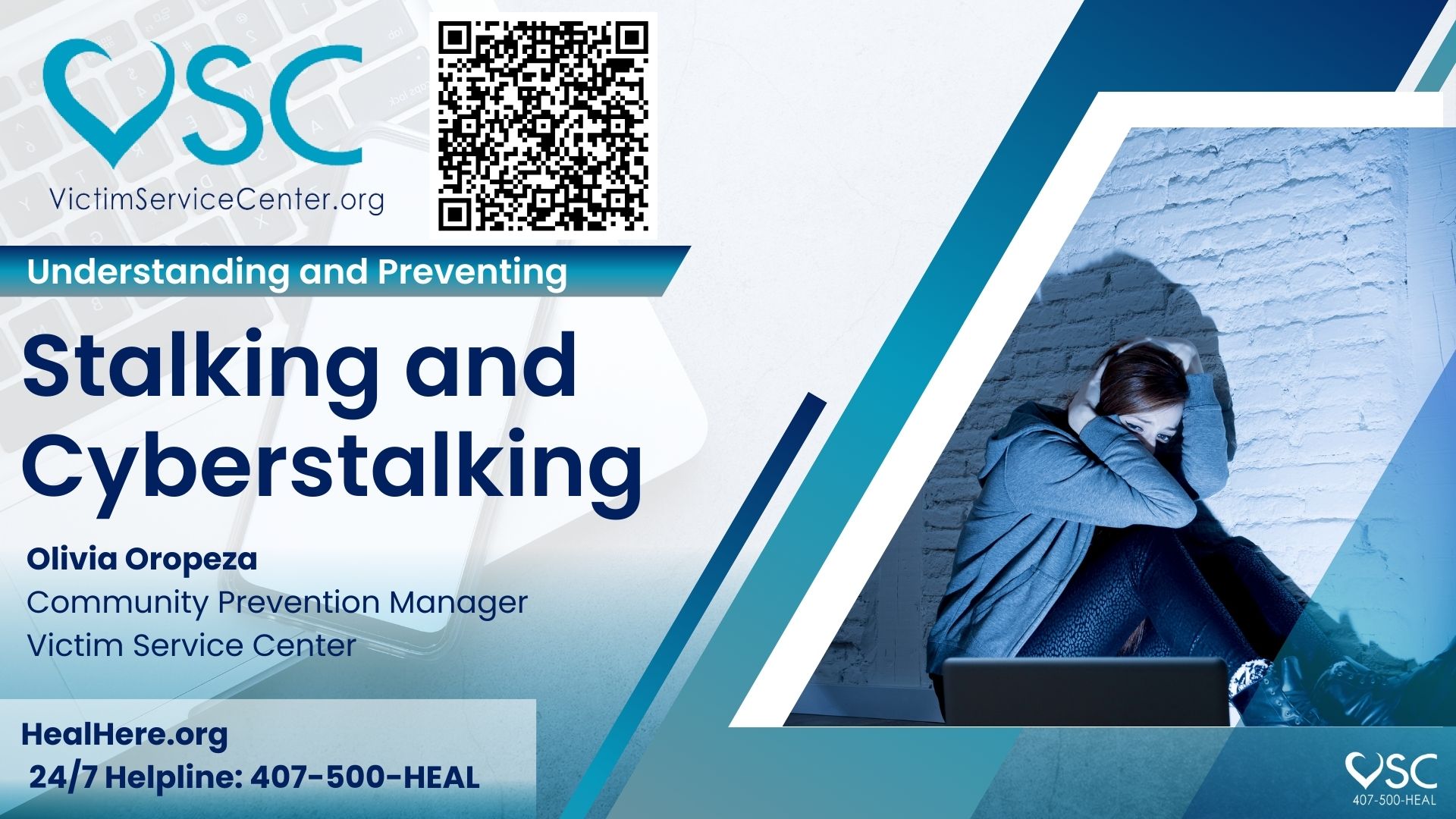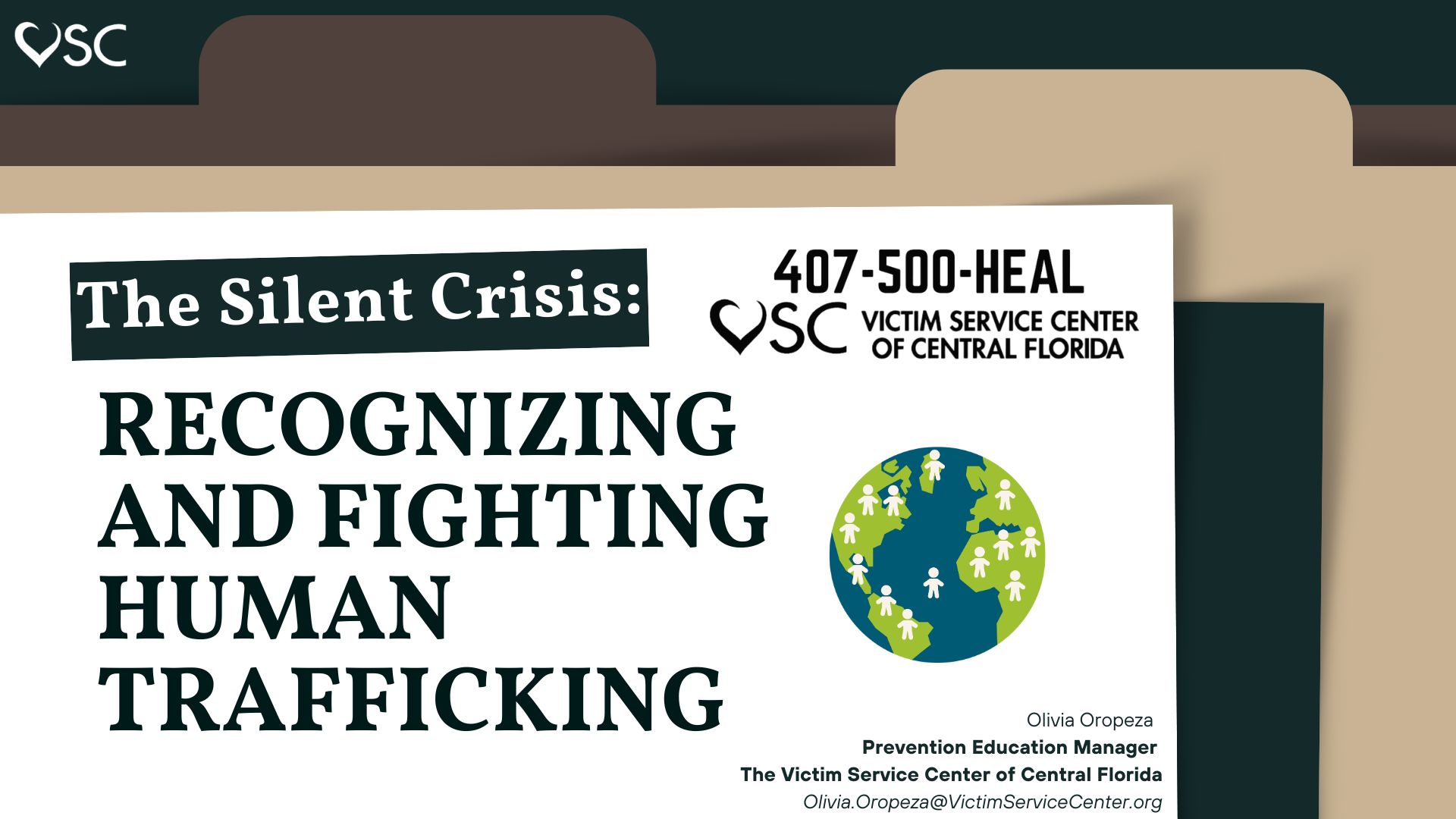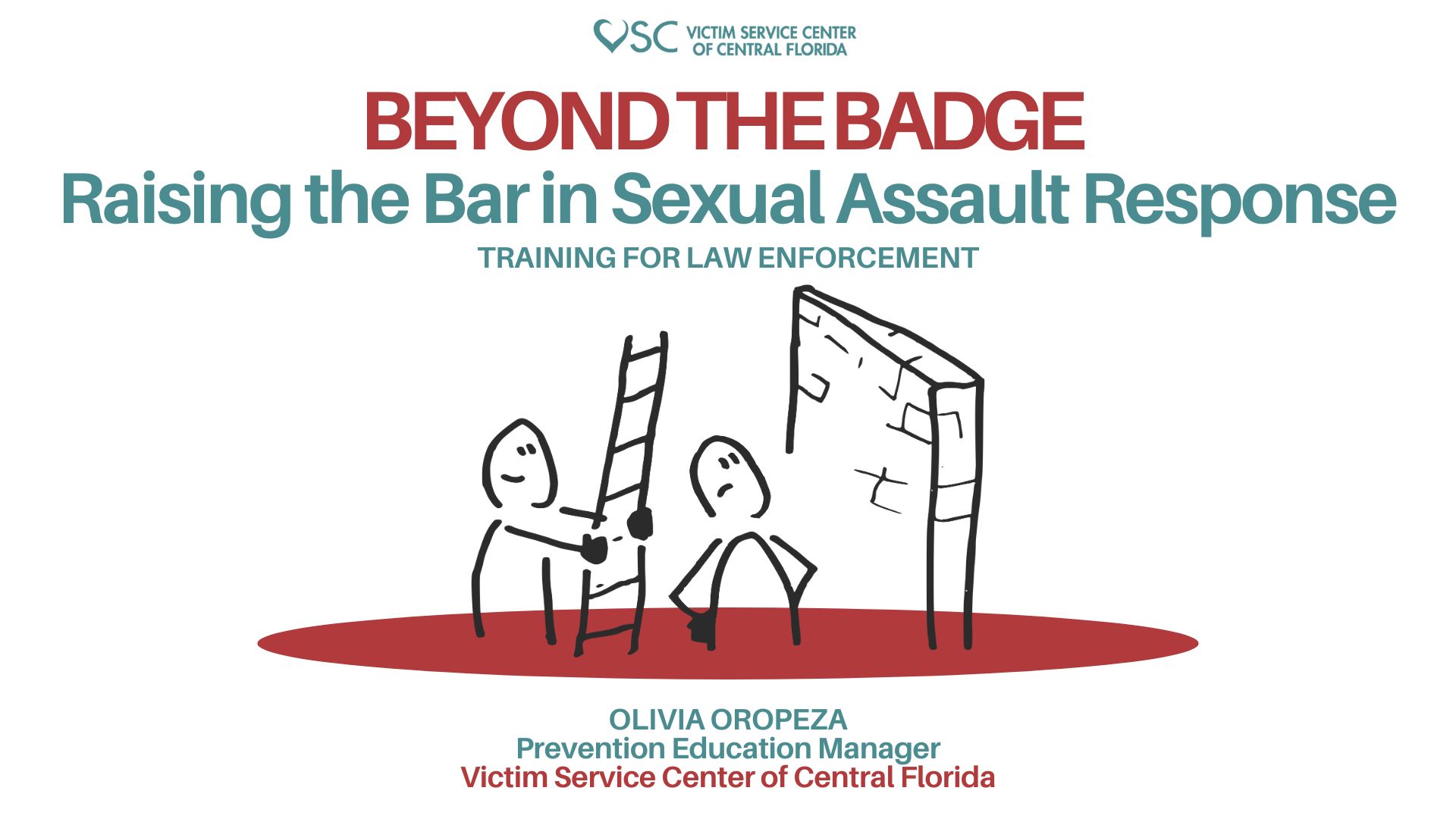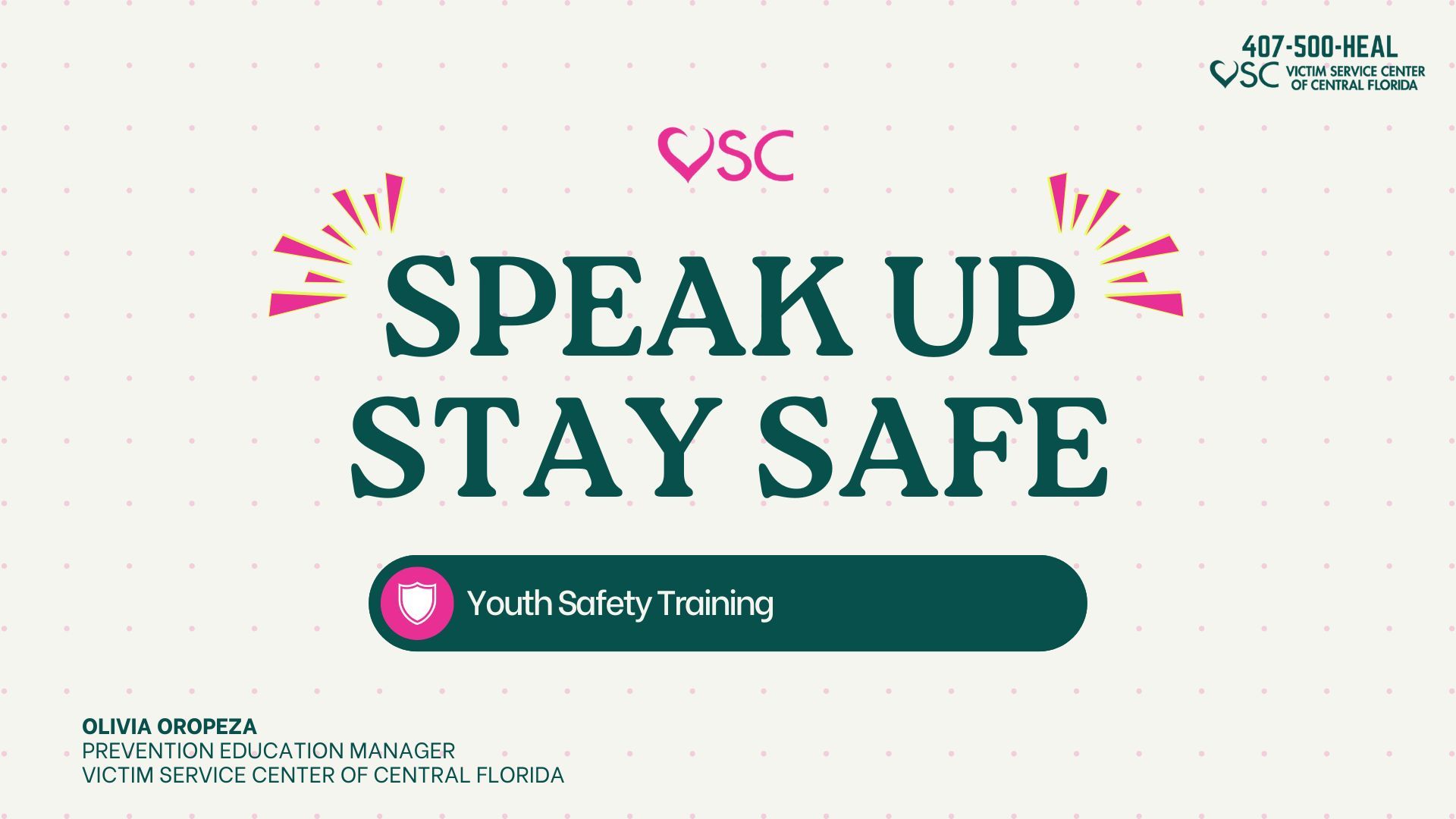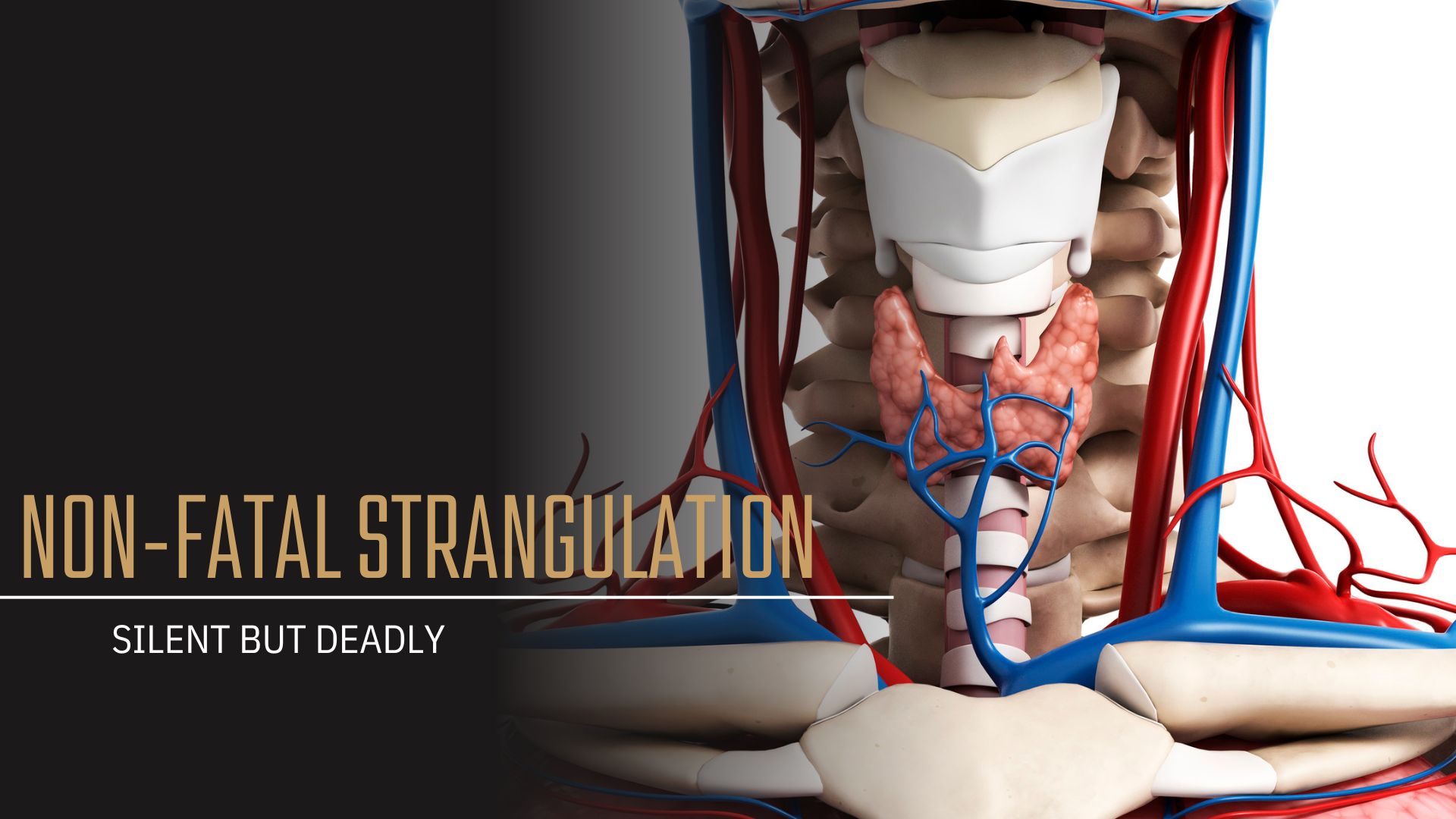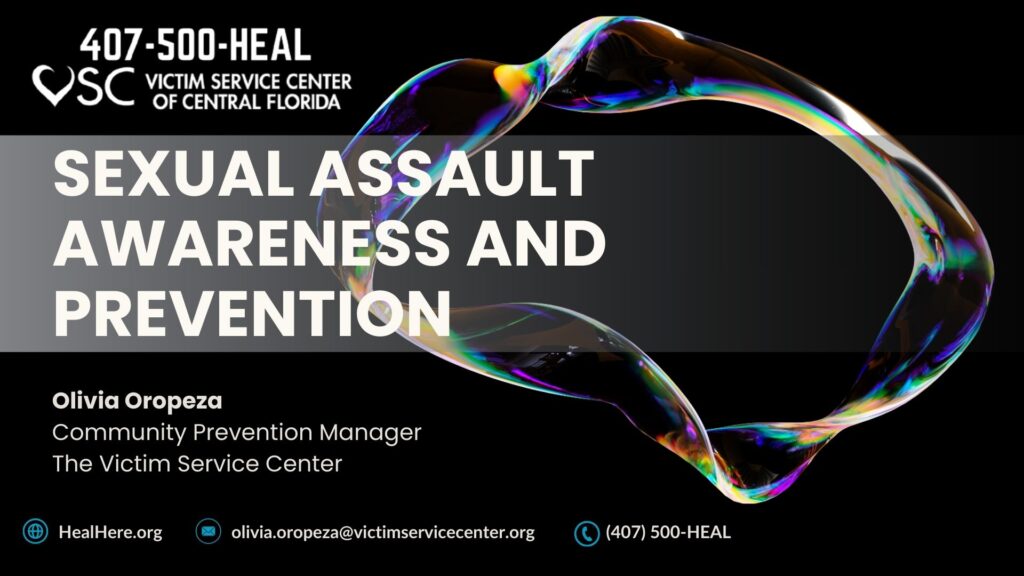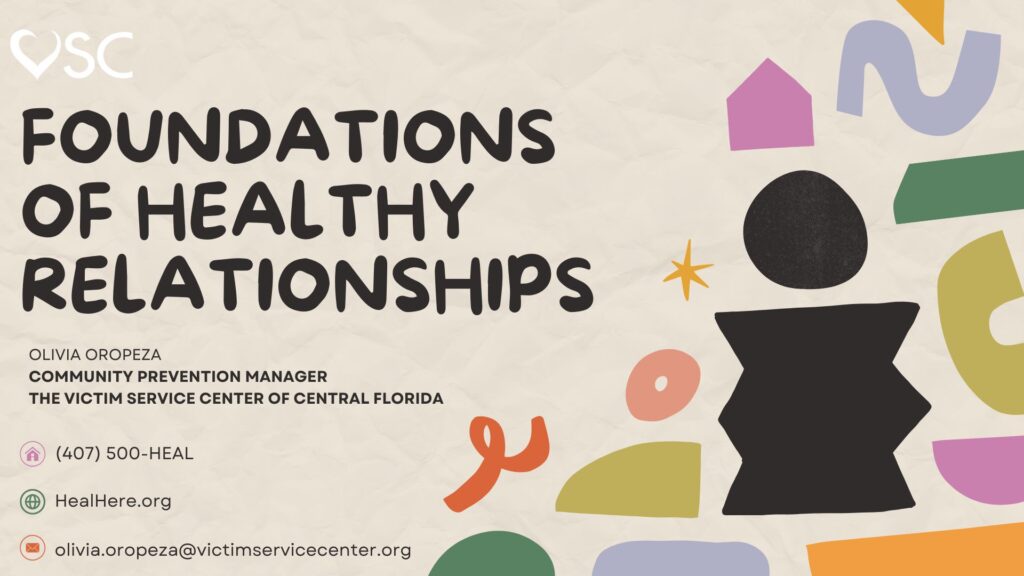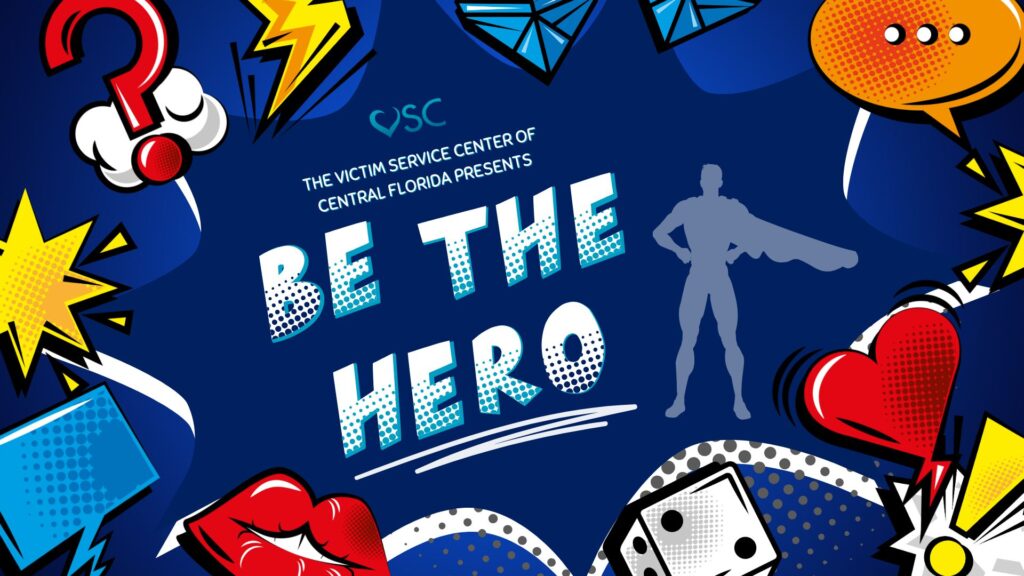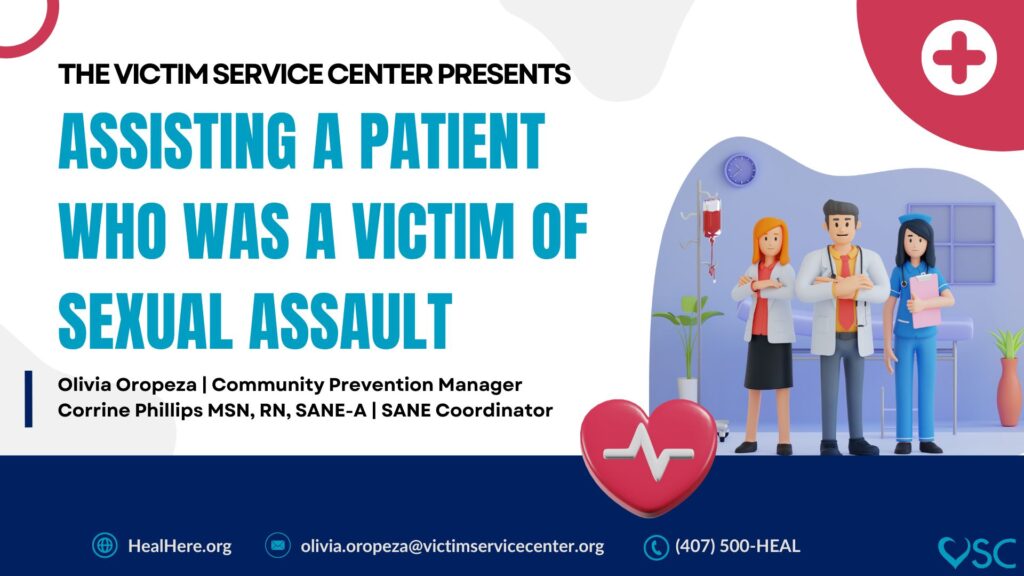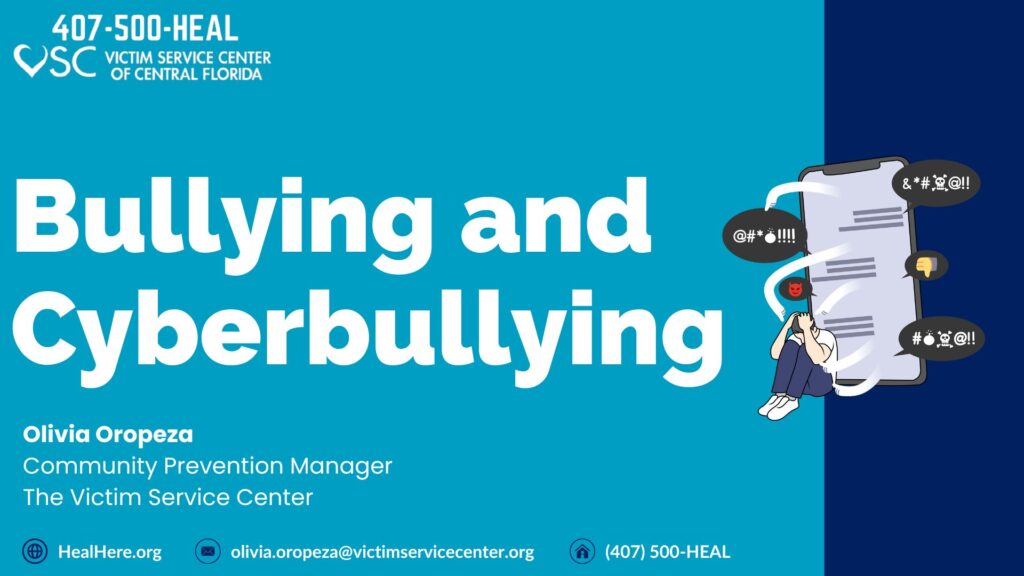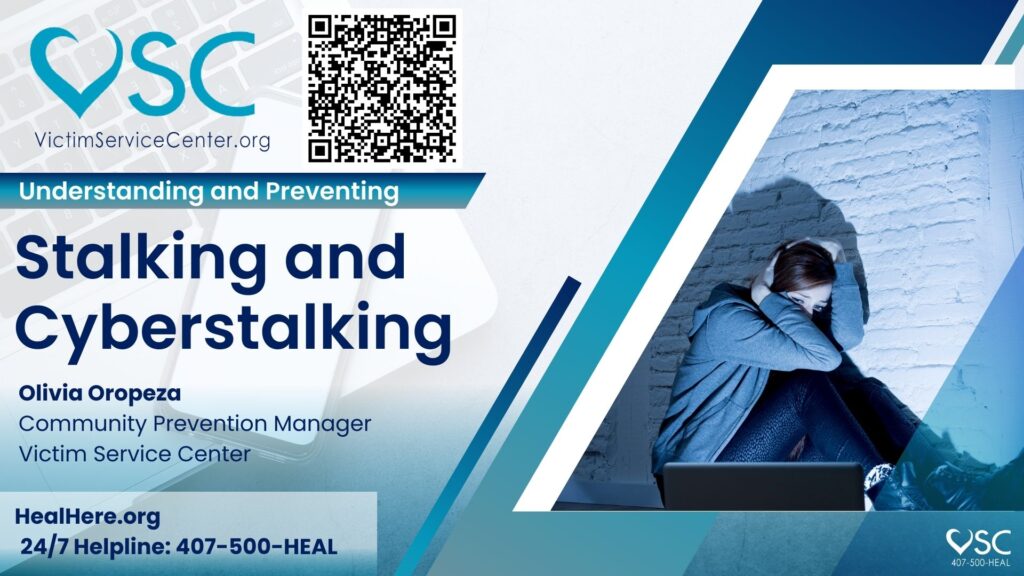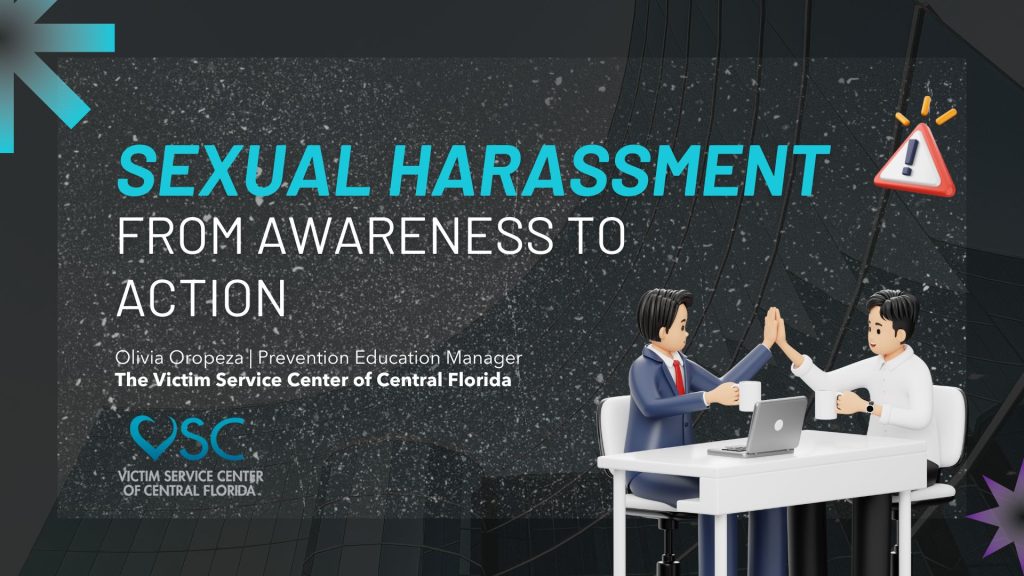Prevalence rates of rape of women by race in the United States:
- Asian/Pacific Islander: 6.8%
- Hispanic/Latina: 11.9%
- White:17.7%
- Black: 18.8%
- American Indian/Alaska Native: 34.1%
- Mixed Race: 24.4%
American Indian Community:
- American Indians ages 12 and older experience 5,900 sexual assaults per year – this is an average based on reported incidents
- They are twice as likely to experience a rape/sexual assault compared to all races
- 41% of sexual assaults are committed by a stranger; 34% by an acquaintance; and 25% by an intimate or family member
Sexual Violence in Asian and Pacific Islander Communities:
- Of Asian and Pacific Islander women –
- 23% experienced some form of contact sexual violence
- 10% experienced completed or attempted rape
- 21% had non-contact unwanted sexual experiences during their lifetime
- Of Asian and Pacific Islander men-
- 9% experienced some form of contact sexual violence
- 9% had non-contact unwanted sexual experiences during their lifetime
